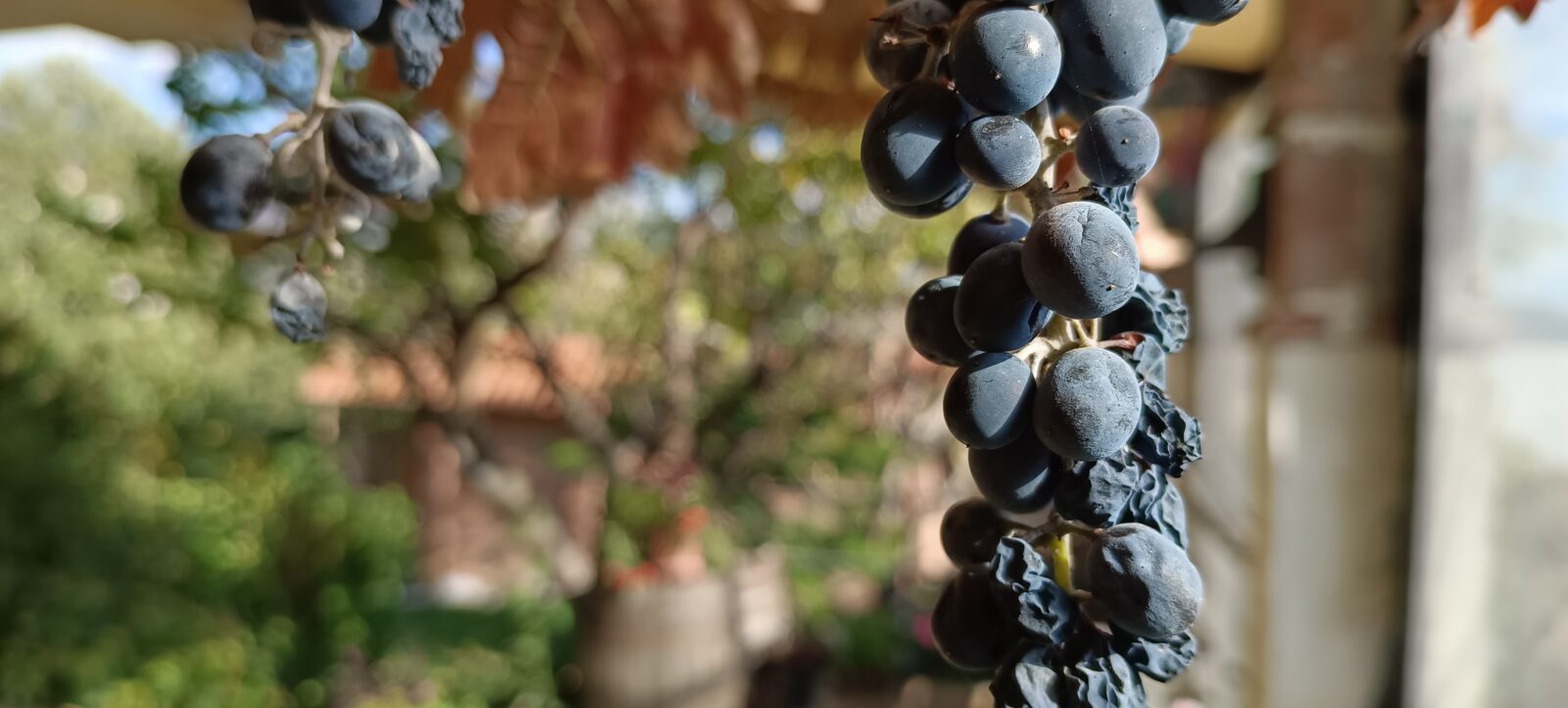“Russia bad!” the cab driver stares at me in the rearview while nodding, awaiting my agreement. I barely have time to close the door and settle into the backseat before the elderly Georgian man utters these few words in his limited English vocabulary. He seems reluctant to drive until I express concurrence. “War is bad,” I respond. A wide smile spreads across the cab driver’s face. With two thumbs up and a celebratory “ya!”, he accelerates onto Ketevan Dedofali Avenue in Tbilisi, the capital city of Georgia.
As I stroll through the winding streets of the city, I’m struck by the undercurrent of tension permeating the air. At first glance, Tbilisi appears to be an ancient yet bustling cosmopolitan city, boasting a thriving arts and food scene. The cobblestone streets are lined with quaint cafes and galleries, and the aroma of freshly baked bread and savory stews fills the air. However, beneath the surface lies a palpable unease, a collective desire to move forward from a painful past but the memory of their tumultuous history has once again resurfaced with the ongoing conflict in the Ukraine.
There are resemblances to other Eastern European countries in some aspects: the stoic faces, prevalence of chain smoking, and luxury German cars zooming by with little regard for pedestrians or other vehicles. Residential buildings crumble while government-owned structures remain pristine. As I continue to explore the area, I quickly discern the fierce pride the Georgian people hold for their culture and history. A hint of Middle Eastern influence colors their cuisine, with dishes like khinkali (meat dumplings) and khachapuri (cheese-filled bread) serving as sources of national pride. Fine wine flows abundantly; I even met a vintner who offered to dedicate one of his qvevri fermentation vessels for me to make cider. Yet, despite this strong cultural identity, the shadow of the 2008 Russian conflict has left deep scars on the country, both physical and emotional.
Many Georgians express vehement anti-Russian sentiment. Throughout the ancient city of Tbilisi, one can find “FUCK Russia” spray-painted in both English and Georgian on walls, bridges, and almost any surface visible to passersby. A few bars and restaurants proudly display signs proclaiming, “we don’t speak Russian here,” despite a significant portion of the population being fluent in the language.
During a conversation with a local Georgian, Nino, she expresses her disdain for Russians without hesitation, gesticulating fervently. She recounts instances of Russians raping and murdering Georgians in the South Ossetia and Abkhazia regions, drawing parallels to the ongoing conflict in Ukraine. Nino also highlights economic issues, such as rising inflation due to an influx of Russians willing to pay higher prices for accommodation and goods.
Curiously, when I inquire about her husband’s nationality, she reveals, “Oh, he’s from Russia.” However, it’s worth noting that the country welcomed tens of thousands of Russians fleeing conscription in 2022. Nino explains that Georgians are empathetic people that don’t wish pain upon anyone, expressing her desire to help newly immigrated Russians assimilate. Many Georgians have relatives in both Ukraine and Russia and understand that ordinary citizens don’t wish to be a part of Putin’s war. When asked if Georgians fear Russia’s potential invasion—which would be a swift victory—Nino responds with a smile, “This country is safe. I think you should open a cidery here.”
Many locals I spoke with echoed feelings of concern and sadness regarding the Ukraine invasion, recognizing its impact on their country and the broader region. While the lingering effects of the 2008 Russian war weigh heavily on the minds of locals, there’s a growing recognition among Georgians that they cannot condemn an entire nation for the actions of its regime.
Tbilisi encapsulates a rich blend of cultural pride, historical scars, and ongoing geopolitical complexities. While anti-Russian sentiment runs deep and the echoes of historical turmoil persist, Georgians exhibit a remarkable capacity for empathy and a desire for peaceful coexistence. Through their steadfast dedication to preserving their cultural heritage and fostering a spirit of openness toward outsiders, Tbilisi emerges as a symbol of strength in the Caucasus amidst regional challenges.
Trevor Davis is a musician, writer, filmmaker, and cidriculteur traveling the globe teaching the importance of cultural immersion and connecting with artists along the way.


